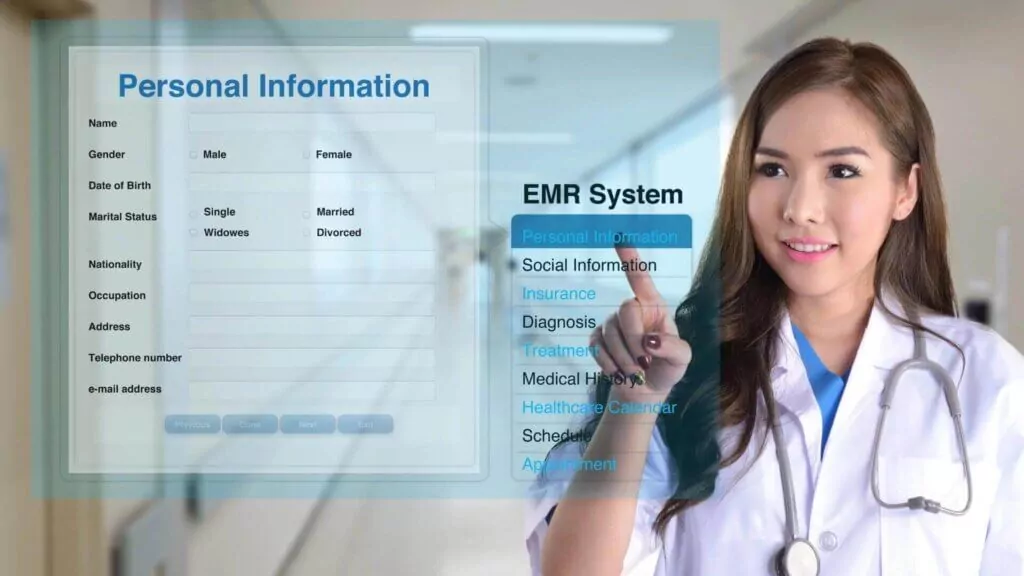International Week of Deaf People (IWD) is a global event held the last full week of September to raise awareness of the rights, contributions, and culture of deaf individuals.
This year, IWD is set for Sept. 18- 25. The theme is “Building Inclusive Communities for All.” Each day has its own theme under the larger inclusivity theme, which are listed as follows:
- Monday, Sept. 18: Declaration on the Rights of Deaf Children
- Tuesday, Sept. 19: Building Capacity Across the Globe
- Wednesday, Sept. 20: Realizing “Nothing Without Us”
- Thursday, Sept. 21: Putting Deaf People on the Agenda
- Friday, Sept. 22: Achieving Sign Language Rights for All
- Saturday, Sept. 23: International Day of Sign Languages: A World Where Deaf People Can Sign Anywhere
- Sunday, Sept. 24: Building Inclusive Deaf Communities
”A world that is more conscious of deaf persons’ needs and rights is a world where deaf people are provided the access they need to contribute as equals.”
Learn more about each day on the World Federation of the Deaf website.
Coming together to show awareness for Deaf people within communities helps people better interact and communicate with deaf people. This week gives people an avenue to advocate for policy change and improvements in education, employment, and accessibility.
“A world that is more conscious of deaf persons’ needs and rights is a world where deaf people are provided the access they need to contribute as equals,” the World Federation of the Deaf states.
Here are a few ways organizations and individuals can support IWD:
- Promote Awareness: Use your organization’s communication channels, such as social media, newsletters, and websites, to spread information about IWD. Raise awareness about the importance of deaf culture, sign language, the importance of assistive devices and technology, and the challenges faced by deaf individuals in various aspects of their lives.
- Create Accessible Content: Ensure your organization’s online content is accessible to deaf and hard of hearing individuals. Provide captions, subtitles, and transcripts to make your content inclusive.
- Collaborate with Deaf Organizations: Partner with local or national deaf organizations to co-host events and share resources. Collaborating with experts and advocates from the deaf community ensures that your activities are respectful, accurate, and relevant.
- Advocate for Policy Change: Use the IWD to advocate for policy changes that promote accessibility, equal rights, and inclusion for deaf individuals. Engage with policymakers and relevant stakeholders to raise awareness about important issues.
- Host an Event: Organize events, workshops, webinars, or seminars focused on deaf awareness, sign language education and accessibility. These events can help educate your employees, clients, and your community about the experiences of deaf people.
- Make a Long-Term Commitment: Supporting the IWD is not just about a week of activities. Consider making your support for the deaf community an ongoing commitment beyond the IWD. Implement sustainable practices, such as offering accommodations, fostering a diverse and inclusive workplace, and regularly engaging with deaf organizations, and make sure you’re giving deaf people a seat at the decision-making table.
Ensuring accessibility is essential for deaf people to have equal opportunities, rights, and engagement in every facet of life. Accessibility tools and technology, such as captioning, alternative formats facilitate interactions in educational settings, workplaces, healthcare environments, and daily interactions.









